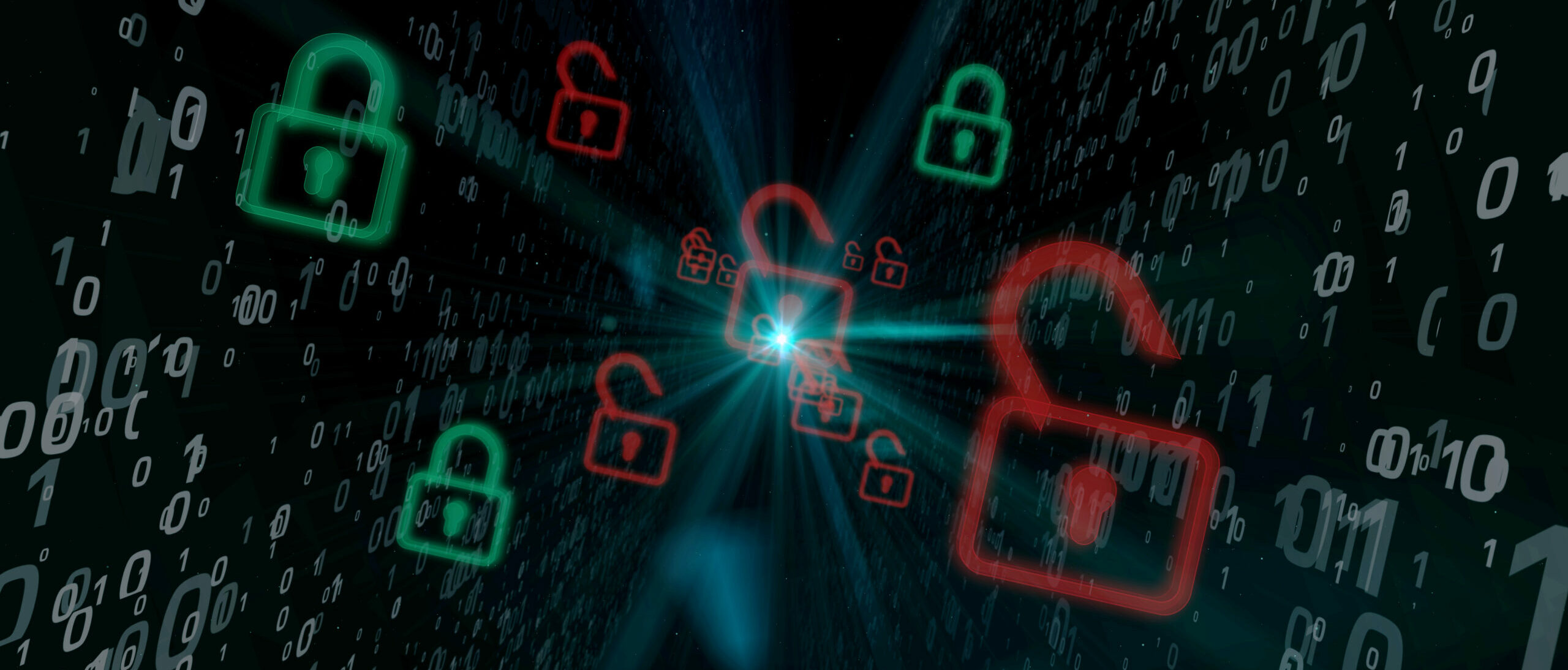Turke & Strauss LLP, a leading data breach law firm, is investigating Community Bridges, regarding its recent data breach. The Community Bridges data breach involved sensitive personal identifiable information and protected health information belonging to more than 10,400 individuals.
ABOUT COMMUNITY BRIDGES:
Community Bridges is a non-profit healthcare organization that works to provide rehabilitation services to people with disabilities. Founded in 1982, Community Bridges connects patients to services that range from therapeutic support for infants and children to residential housing and employment assistance for adults. Headquartered in Concord, New Hampshire, Community Bridges primarily serves individuals living in central New Hampshire.
WHAT HAPPENED?
On March 1, 2022, Community Bridges experienced a data breach in which the sensitive personal identifiable information and protected health information in its systems may have been accessed and acquired. Through its investigation, Community Bridges concluded that an unauthorized actor may have accessed and obtained this sensitive information by deploying a ransomware attack on its systems. On August 24, 2022, Community Bridges began notifying individuals whose information may have been impacted. The type of information exposed includes:
- Name
- Social Security number
- Date of birth
- Government identification number
- Medical information
- Health insurance information
If you received a breach notification letter from Community Bridges:
We would like to speak with you about your rights and potential legal remedies in response to this data breach. Please fill out the form, below, or contact us at (608) 237-1775 or sam@turkestrauss.com.
If you were impacted by the Community Bridges data breach, you may consider taking the following steps to protect your personal information.
- Carefully review the breach notice and retain a copy;
- Enroll in the free credit monitoring service provided by Community Bridges;
- Change passwords and security questions for online accounts;
- Regularly review account statements for signs of fraud or unauthorized activity;
- Monitor credit reports for signs of identity theft; and
- Contact a credit bureau(s) to request a temporary fraud alert.


